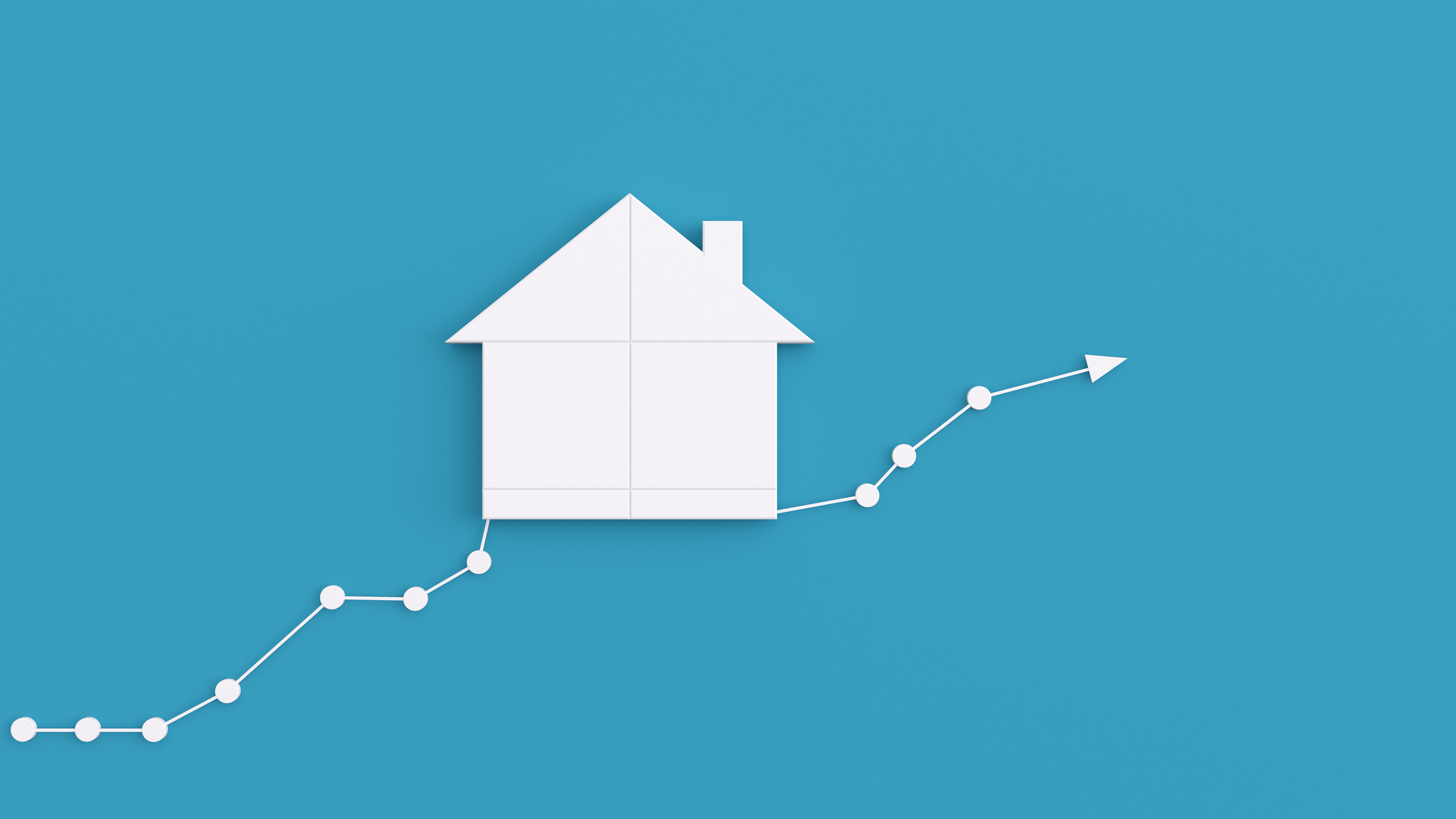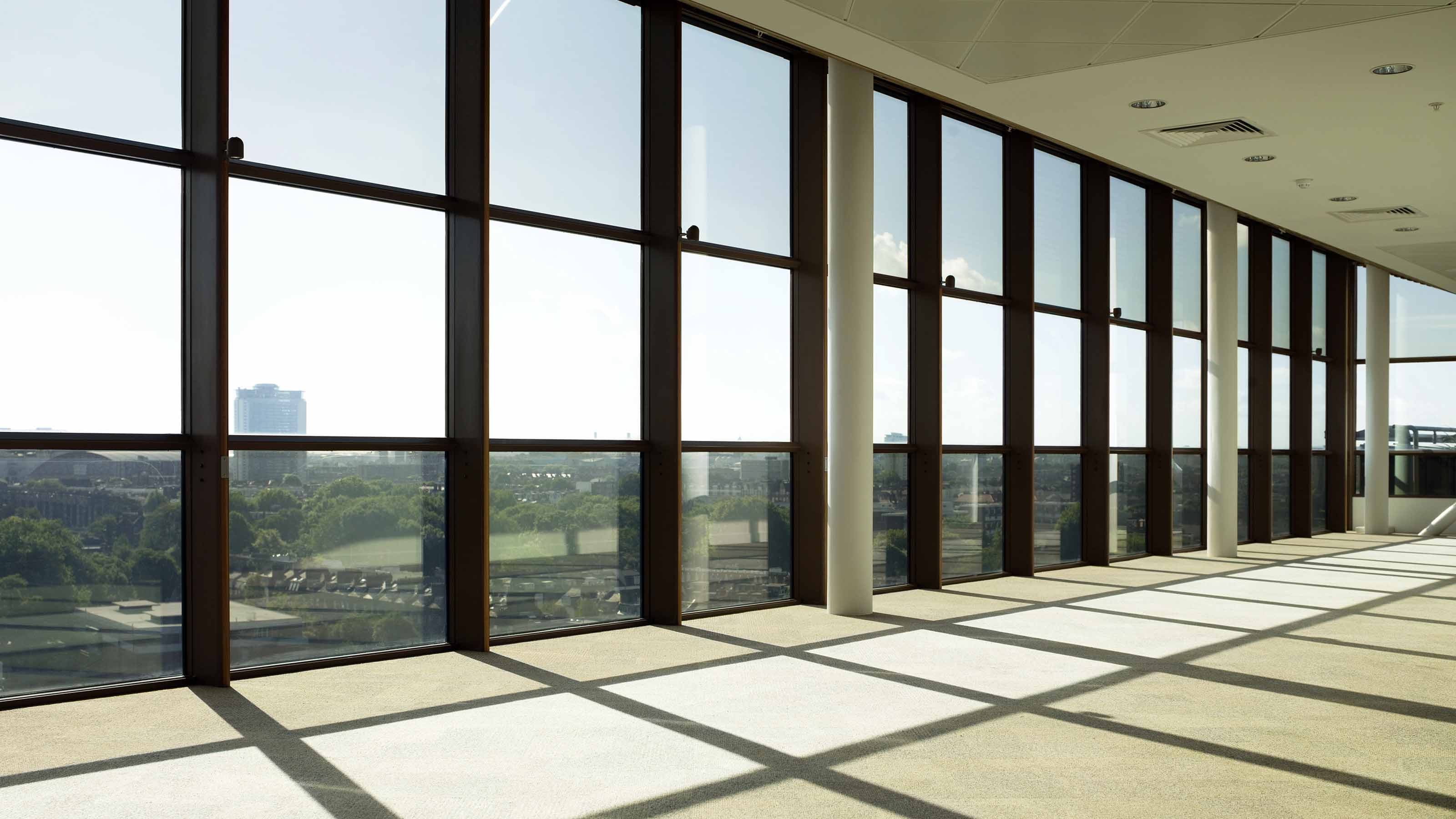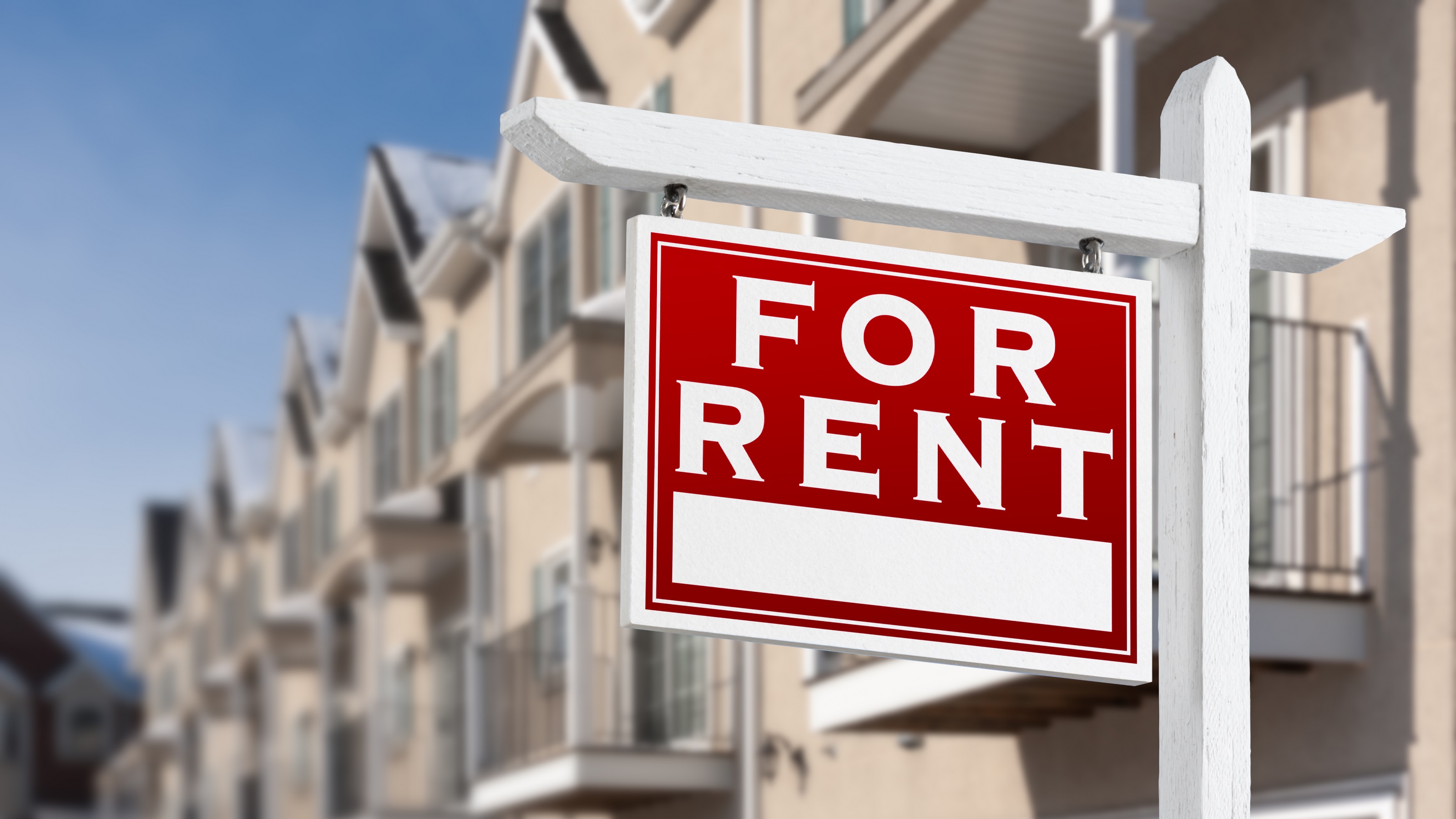Profit and prosper with the best of Kiplinger's advice on investing, taxes, retirement, personal finance and much more. Delivered daily. Enter your email in the box and click Sign Me Up.
You are now subscribed
Your newsletter sign-up was successful
Want to add more newsletters?

Delivered daily
Kiplinger Today
Profit and prosper with the best of Kiplinger's advice on investing, taxes, retirement, personal finance and much more delivered daily. Smart money moves start here.

Sent five days a week
Kiplinger A Step Ahead
Get practical help to make better financial decisions in your everyday life, from spending to savings on top deals.

Delivered daily
Kiplinger Closing Bell
Get today's biggest financial and investing headlines delivered to your inbox every day the U.S. stock market is open.

Sent twice a week
Kiplinger Adviser Intel
Financial pros across the country share best practices and fresh tactics to preserve and grow your wealth.

Delivered weekly
Kiplinger Tax Tips
Trim your federal and state tax bills with practical tax-planning and tax-cutting strategies.

Sent twice a week
Kiplinger Retirement Tips
Your twice-a-week guide to planning and enjoying a financially secure and richly rewarding retirement

Sent bimonthly.
Kiplinger Adviser Angle
Insights for advisers, wealth managers and other financial professionals.

Sent twice a week
Kiplinger Investing Weekly
Your twice-a-week roundup of promising stocks, funds, companies and industries you should consider, ones you should avoid, and why.

Sent weekly for six weeks
Kiplinger Invest for Retirement
Your step-by-step six-part series on how to invest for retirement, from devising a successful strategy to exactly which investments to choose.
More than two out of every three Americans, a record high, own their own homes. Sandi Cereghino isn't one of them.
Right now Cereghino, 25, who works for a public relations firm in Portland, Ore., is content to rent a one-bedroom apartment in a nearby suburb. But she worries that paying rent isn't the smartest way to spend her money. "Once you make that payment each month, it's gone," says Cereghino. Mortgage payments, on the other hand, would go toward property that she might eventually own free and clear, which is one of her goals.
More than one-third of all renters are saving for a down payment on a house, according to Fannie Mae's 2000 national housing survey, and it's a safe bet that many of them are in their twenties. U.S. Census data show that nearly 37% of adults under 30 have already purchased a home.
From just $107.88 $24.99 for Kiplinger Personal Finance
Become a smarter, better informed investor. Subscribe from just $107.88 $24.99, plus get up to 4 Special Issues

Sign up for Kiplinger’s Free Newsletters
Profit and prosper with the best of expert advice on investing, taxes, retirement, personal finance and more - straight to your e-mail.
Profit and prosper with the best of expert advice - straight to your e-mail.
Low mortgage-interest rates are encouraging renters of all ages to buy. And there are plenty of advantages to owning a home, from saving on taxes to building equity to being free to paint your bedroom purple.
But for young people the financial benefits can be overstated. While property taxes and mortgage interest are tax deductible if you itemize, not every dollar of interest and tax will result in a tax break. If you have been taking the standard deduction, you'll benefit only to the extent that your itemized deductions exceed the standard deduction ($4,700 for single filers in 2002 and $7,850 for married couples).
Suppose your mortgage interest and property taxes total $8,500. If you're in the 27% tax bracket in 2002, you might think that means Uncle Sam effectively pays $2,295 of the bill for you via tax savings. But if you're single and have been claiming the standard deduction, you give it up when you start to itemize. If your itemized deductions -- including $1,500 for state income taxes in this example -- total $10,000, the tax savings from buying would be just $1,431. That's about $865 less than a quick, everything-is-deductible calculation would lead you to believe.
But the biggest potential drawback for young people is that they won't stay in a home long enough to recoup the transaction costs involved in buying a house. If you think you'll need to relocate to advance your career, or if you're still unsure about where you want to settle, renting may be the better choice. "You have to ask yourself what else is going on in your life," says Wendy Johnson, who trains teachers of home-buying classes in Duluth, Minn.
How long will I live in the house? In addition to the purchase price, buying a home can cost you as much as 6% in closing costs, including 1% of the loan amount for every point on your mortgage loan plus attorney, appraisal, loan-application and other fees. You're likely to put more money into the house for improvements and repairs. When you sell, there's a different set of costs, including the agent's commission, typically 6%.
Recovering those costs depends on price appreciation, which varies by location. For example, house prices spiked 9.5% nationwide in 2000 but grew only 2.6% in 1996. Long term, house prices tend to rise one to two percentage points above the rate of inflation.
Most experts recommend that you hold on for five to seven years to make purchasing a house or condo worthwhile. Owning property for three years or less virtually guarantees that you will lose money, says Judi Wolfson, a ReMax real estate agent in Warminster, Pa.
Uncertainty about where she wants to settle is one reason that Cereghino is undecided about buying a home. As long as she continues to rent, she says, "I can move wherever I want once my lease is up."
Can I take on additional debt? When lenders evaluate you for a mortgage, they prefer that no more than 40% of your gross income go toward paying off debt. If the mortgage payment alone would account for 30%, that means payments for student loans, credit cards and car loans shouldn't add up to more than 10% of your gross income. "Those ratios can be tough for young people to meet," says Sarah Blevins, who teaches home-buying classes in Maine.
Do I have enough savings? Cereghino has set aside $5,000, about one-third of the cash she thinks she'll need to buy a house in the Portland suburbs, which should cost about $150,000. Blevins and other real estate experts suggest having between 3% and 10% of a house's sale price in cash to cover the down payment and closing costs.
Where do I want to live? Just because you can afford to rent in a particular neighborhood doesn't mean you can afford to buy there. If finding a home in your price range means looking in a neighborhood you don't like, maybe you should reconsider buying altogether. "Don't fool yourself into thinking that you can afford a town house when you hate the area it's in," says Wolfson. In general, it's cheaper to rent than to buy equivalent housing. For example, in San Francisco, where the vacancy rate is a mere 1%, the average apartment rents for more than $1,800 a month. But the median price of a condominium in San Francisco is $427,780. With a down payment of 5% and an interest rate of 7%, the mortgage payment on such a condo would be $2,704 per month for a 30-year loan. And that's before property taxes and mortgage insurance.
If the monthly cost of buying would be about the same as for renting and you intend to stay in the area, you're better off buying. Even if the monthly cost is higher, buying can make sense if you're getting a reasonably priced home that is expected to appreciate and you plan to say put.
Have I factored in all the costs? Don't underestimate new expenses you may incur. For example, you'll have to pay for water and sewer services, expenses that landlords usually pick up for renters.
If you're not sure whether your budget will stretch to make room for the expenses of homeownership, Wolfson suggests a dry run. For six months, set aside in a bank account the money for additional monthly expenses you expect as an owner. At the end of that period, you'll know whether you can afford to buy -- and you'll have saved money for the down payment.
Profit and prosper with the best of Kiplinger's advice on investing, taxes, retirement, personal finance and much more. Delivered daily. Enter your email in the box and click Sign Me Up.
-
 Ask the Tax Editor: Federal Income Tax Deductions
Ask the Tax Editor: Federal Income Tax DeductionsAsk the Editor In this week's Ask the Editor Q&A, Joy Taylor answers questions on federal income tax deductions
-
 States With No-Fault Car Insurance Laws (and How No-Fault Car Insurance Works)
States With No-Fault Car Insurance Laws (and How No-Fault Car Insurance Works)A breakdown of the confusing rules around no-fault car insurance in every state where it exists.
-
 7 Frugal Habits to Keep Even When You're Rich
7 Frugal Habits to Keep Even When You're RichSome frugal habits are worth it, no matter what tax bracket you're in.
-
 Will Lower Mortgage Rates Bring Relief to the Housing Market?
Will Lower Mortgage Rates Bring Relief to the Housing Market?The Kiplinger Letter As mortgage rates slowly come down here's what to expect in the housing market over the next year or so.
-
 Commercial Real Estate Outlook 2024: The Kiplinger Letter
Commercial Real Estate Outlook 2024: The Kiplinger LetterThe Kiplinger Letter In 2024, expect hybrid and work-from-home trends, tighter budgets, rising rents and the demand for data centers to continue.
-
 Delinquent CRE Loans Are on the Rise: The Kiplinger Letter
Delinquent CRE Loans Are on the Rise: The Kiplinger LetterThe Kiplinger Letter Banks are expanding their efforts to restructure CRE loans to avoid losses from the commercial real estate sector.
-
 As Mortgage Rates Rise, Renting Is Now Cheaper Than Buying for Many: The Kiplinger Letter
As Mortgage Rates Rise, Renting Is Now Cheaper Than Buying for Many: The Kiplinger LetterThe Kiplinger Letter A jump in mortgage rates has caused housing affordability to slump and priced many first-time home buyers out of the market.
-
 Rental Market Will Slow Through 2023: The Kiplinger Letter
Rental Market Will Slow Through 2023: The Kiplinger LetterThe Kiplinger Letter Expected growth in the rental market is likely to remain slow for the rest of the year amid a slow housing market and cooling economy.
-
 How to Set the Price to Sell Your Home
How to Set the Price to Sell Your Homereal estate If you're selling your home, setting the right price is crucial. Don't overprice or you'll scare away prospective buyers.
-
 WFH Impact on Commercial Real Estate Market: Kiplinger Economic Forecasts
WFH Impact on Commercial Real Estate Market: Kiplinger Economic ForecastsEconomic Forecasts Commercial real estate continues to struggle. Office vacancies hit 18.9% in the second quarter of 2023.
-
 Greenland, U.S. Plans to Boost Tourist Economy: Kiplinger Economic Forecasts
Greenland, U.S. Plans to Boost Tourist Economy: Kiplinger Economic ForecastsEconomic Forecasts A U.S. congressional effort could see some Canadian visitors get longer stays, meanwhile, Greenland bids to be the next vacation hotspot.